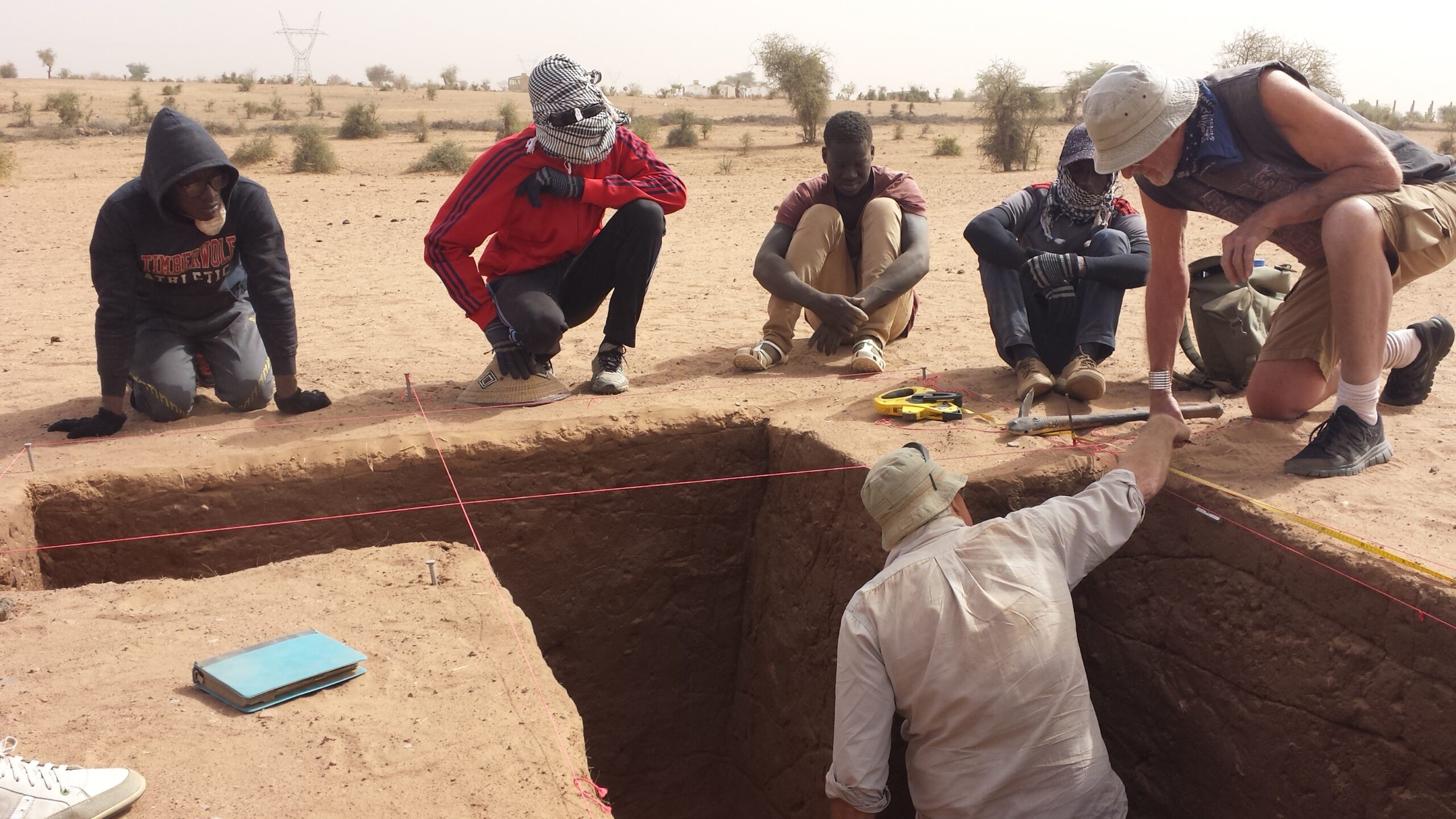Peter R. Coutros, PhD
Archaeologist, Anthropologist, Ambulator
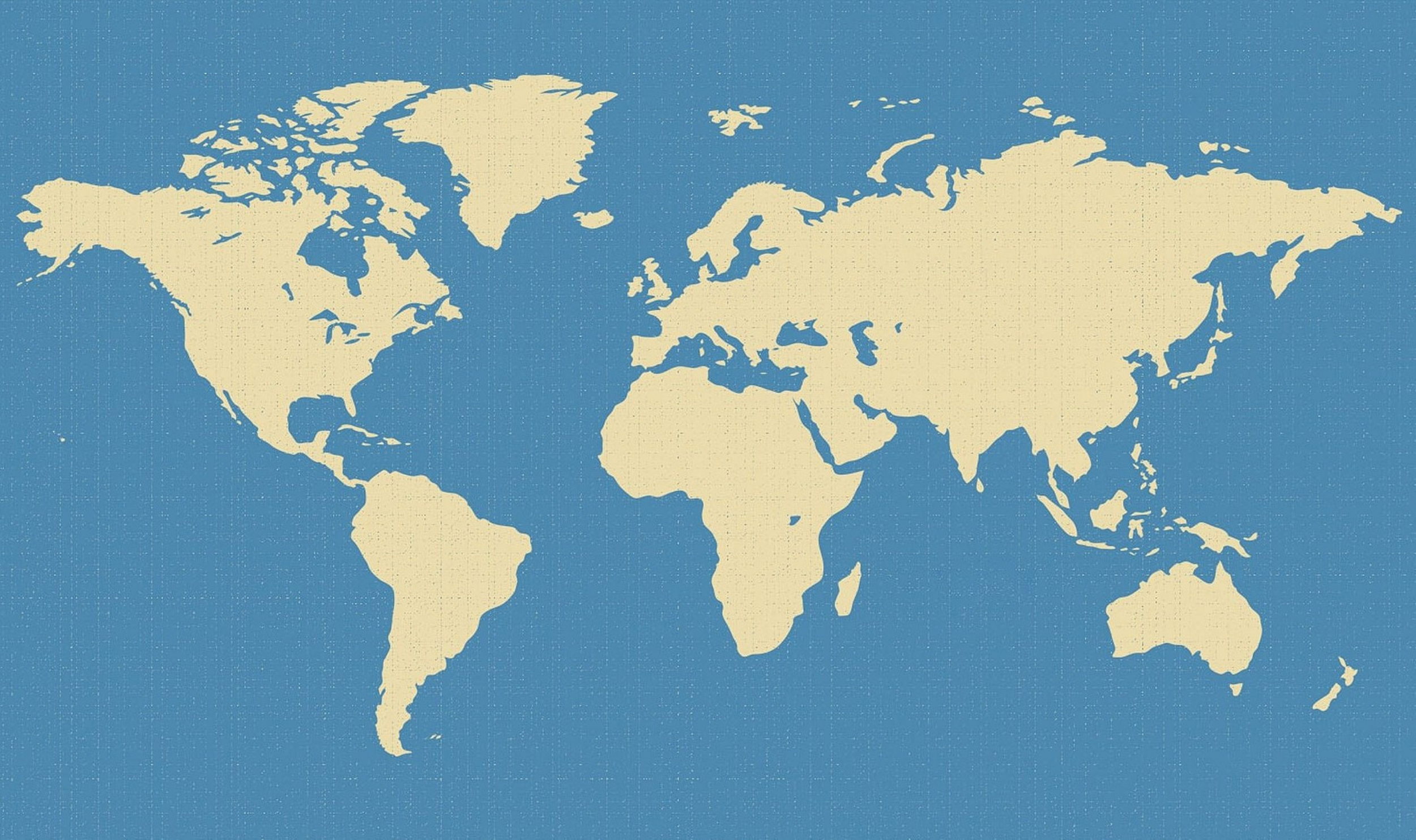
BantuFirst, DRC
The Bantu Expansion is one of the most important demographic shifts in history.
Since 2021, our project has been conducting large-scale surveys across more than 900 km of river in the Democratic Republic of the Congo, searching for evidence of the first Bantu-speaking settlers south of the Congo rainforest. Since 2019, the BantuFirst team has identified 208 new archaeological sites, ranging in time from the Middle Stone Age (~300,000 years ago) through the Iron Age (~2,000 years ago). 35 of these have been excavated; providing a rich resevoir of archaeological and palaeobotanical data.
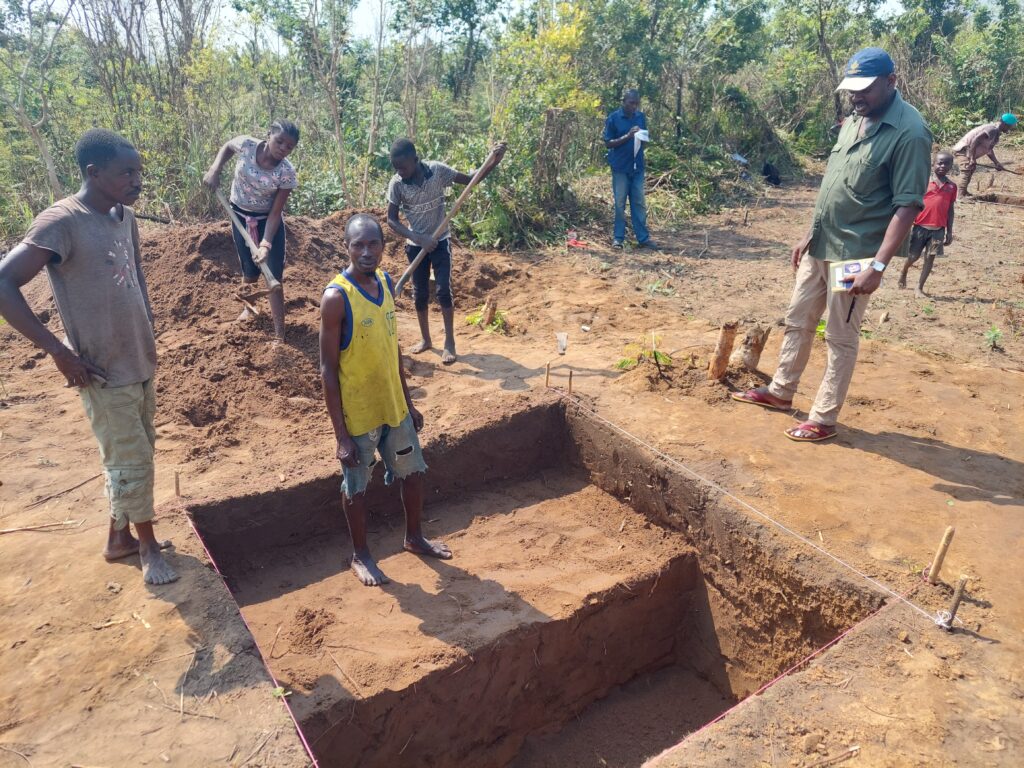
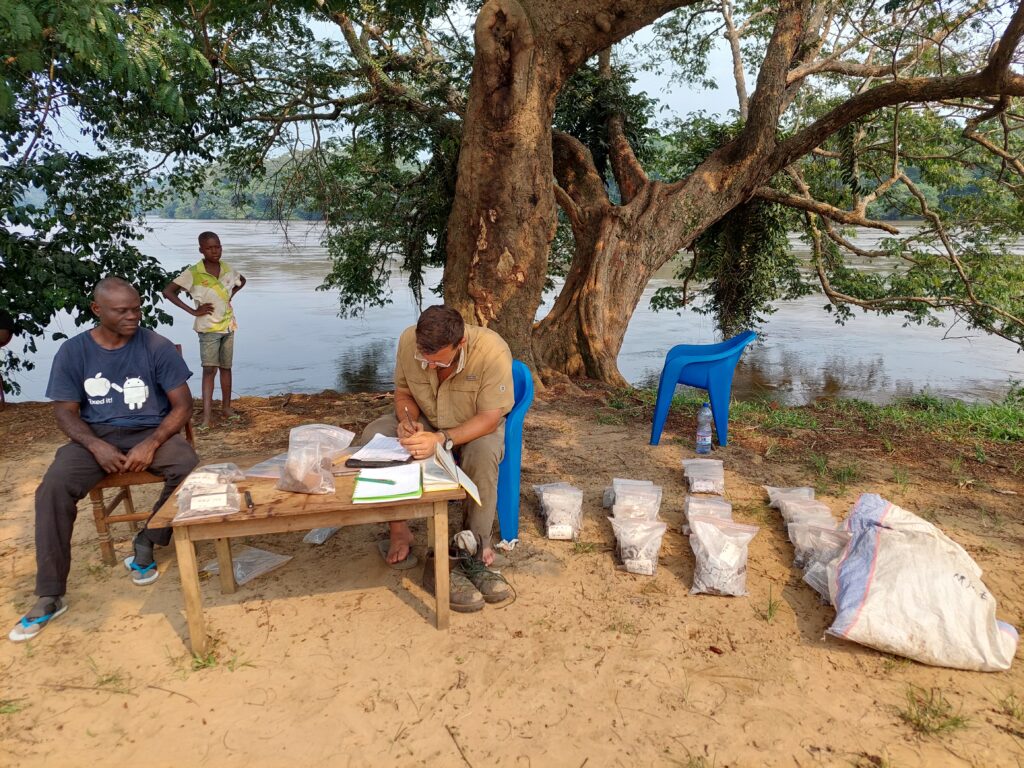
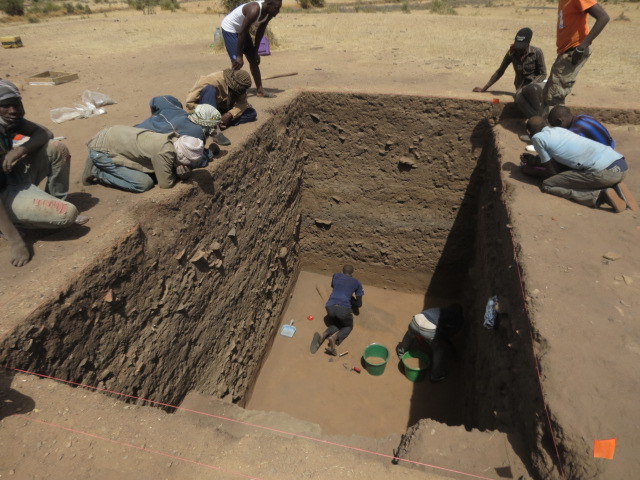
Diallowali, Senegal
Beginning around 3200 years ago, agro-pastoral communities from the Sahara established a village along the Senegal River, known today as Diallowali. Here, they found a refuge from the aridification gripping the northern latitudes, replete with fish, wild game, and suitable land for grazing and agriculture.
Proceeding from the notion that natural and cultural phenomena exist in an inextricably linked, reciprocal relationship, the goals of The Diallowali Archaeological Project has been to establish the occupational chronology of the prehistoric sites as well as the paleo-environmental evolution of the broader region. Consisting of 14 individual mounds, grouped among many specialized activity and seasonal sites, the Diallowali site complex is an important key for unlocking the occupational history of West Africa in general and Senegal in particular.
Since 2013, I have directed an intensive research campaign at Diallowali, which has included excavations, geophysical prospections, and large-scale pedestrian surveys. Detailed analysis of the recovered material, in conjunction with site stratigraphy and topographic mapping, has revealed an extensive, long-term habitation that thrived between ~3200 – 2300 years ago.
